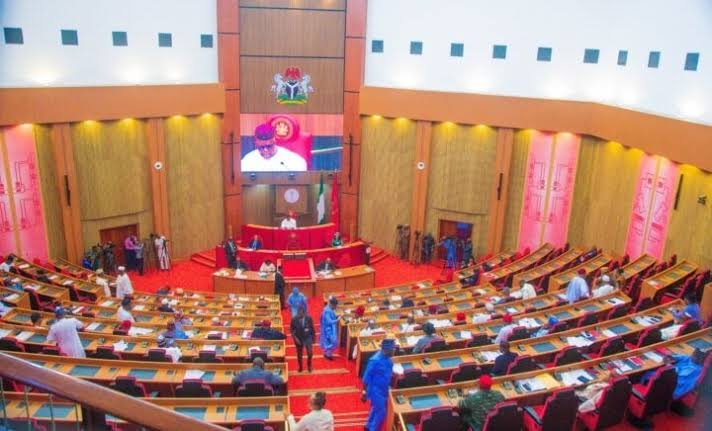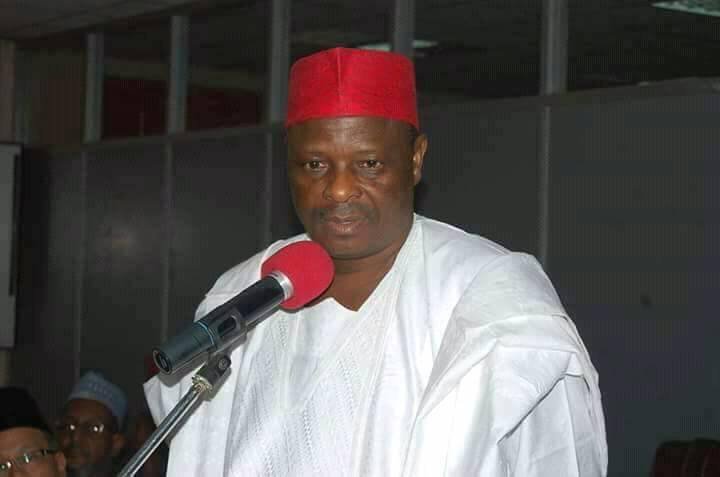The Senate Committee on Power has raised an alarm over the worsening liquidity crisis in Nigeria’s power sector, revealing that the Federal Government owes electricity generating companies (GenCos) an estimated N200bn monthly in tariff shortfalls.
Speaking at a retreat organised by the Nigerian Electricity Regulatory Commission (NERC) in Ikot-Ekpene, Akwa Ibom State, the Chairman of the Committee, Senator Enyinnaya Abaribe, stated that no payment has been made to power producers so far this year, pushing the total debt for 2025 to about N800bn. This is in addition to the over N3tn already owed to GenCos.
“I will not be able to just, in this short interview, give you the statistics of these things. But there’s one key statistic that is very, very necessary for Nigerians to know. There’s a liquidity crisis in the power sector. The generating companies are owed so much, the distribution companies are also owed so much.
“The tariff shortfall that we have means that every month the government owes N200bn of payments, and for this year, 2025, no payment has been made. In other words, we’re already short by N800bn. Before this time, we had about N3tn debt to the generating companies. The generating companies owe the gas suppliers. The gas suppliers cannot just continue to supply gas indefinitely,’’ Abaribe said.
He called for urgent action from both federal and state governments to address the crisis, stressing the need for a coordinated approach to tackle the sector’s funding issues.
“The hope is this: a decision must be taken by the Federal Government and the state governments because right now, we have two tiers of electricity markets. The state can do it, the Federal Government can do it, so they must all come together and make that decision.
“How do we get out of this? How do we pay for it? Who pays? And so forth, everywhere else in the world, that decision is always taken. Do we decide to subsidise fuel that we all use to run around, or do we see the decision to subsidise electricity that goes to everyone of us in terms of production. So that’s our choice to make,” he stated.
Meanwhile, the Minister of Power, Adebayo Adelabu, while delivering an overview of the power sector reforms, noted some achievements under the Tinubu-led administration, especially in boosting power generation. However, he highlighted persistent challenges such as inadequate funding and the rampant vandalism of energy infrastructure.
“Only in this country are energy equipment being vandalised in such magnitude,” he lamented.
Also speaking at the retreat, Akwa Ibom State Governor Umo Eno—represented by his Deputy, Senator Akon Eyakenyi—emphasised the importance of stable electricity for Small and Medium Enterprises (SMEs), which he described as the engine of economic growth.
He expressed optimism that the gathering of experts at the retreat would help chart a new course for resolving the power sector’s deep-rooted issues.











